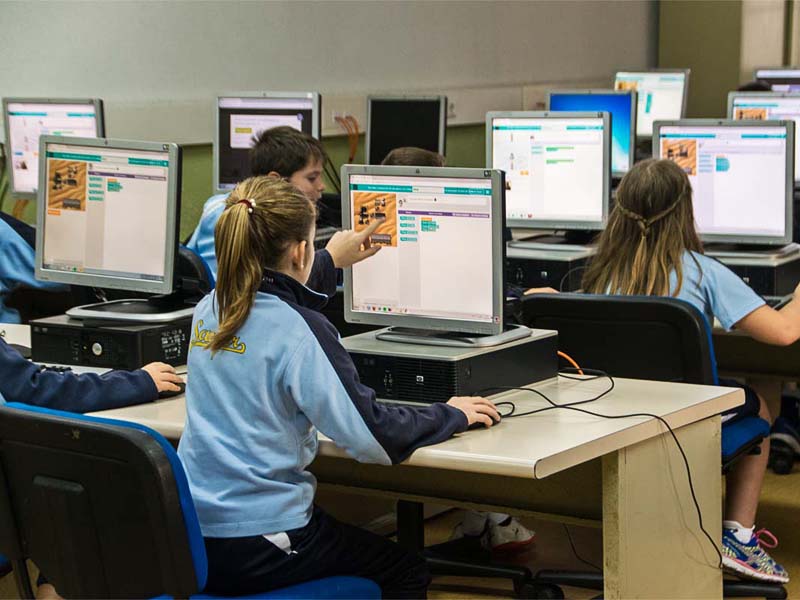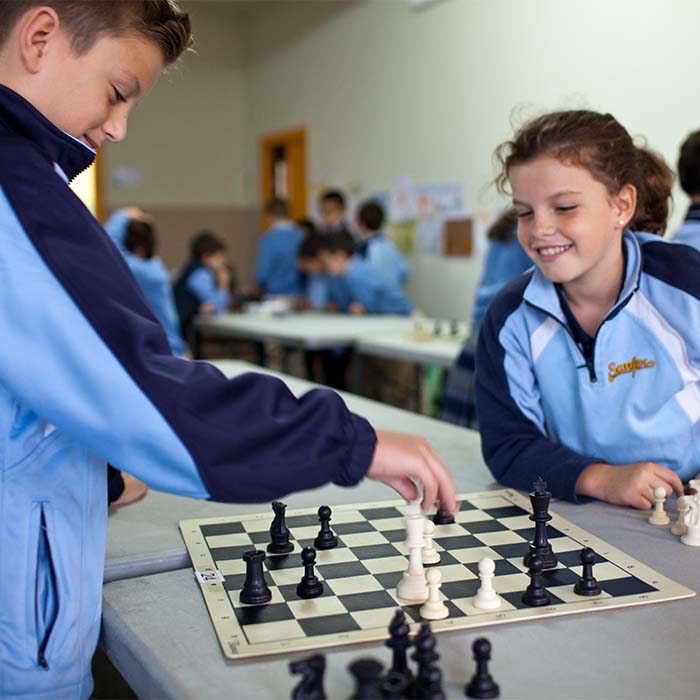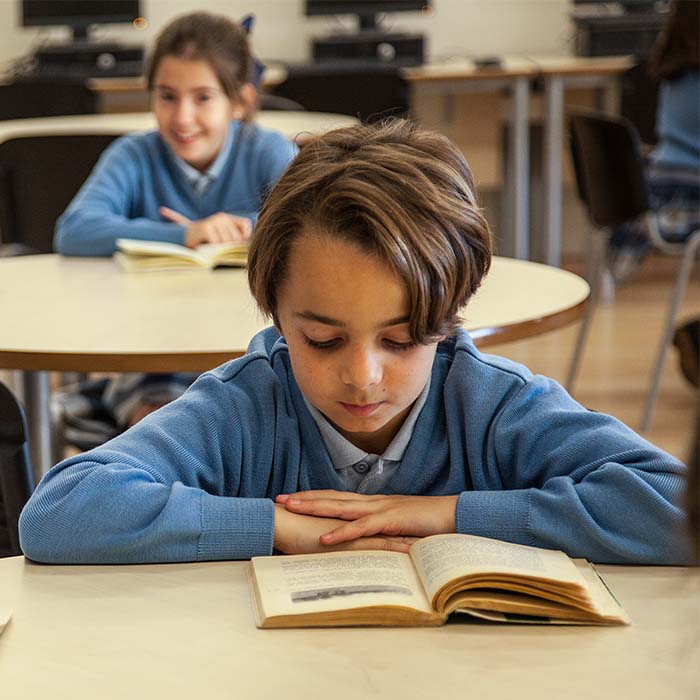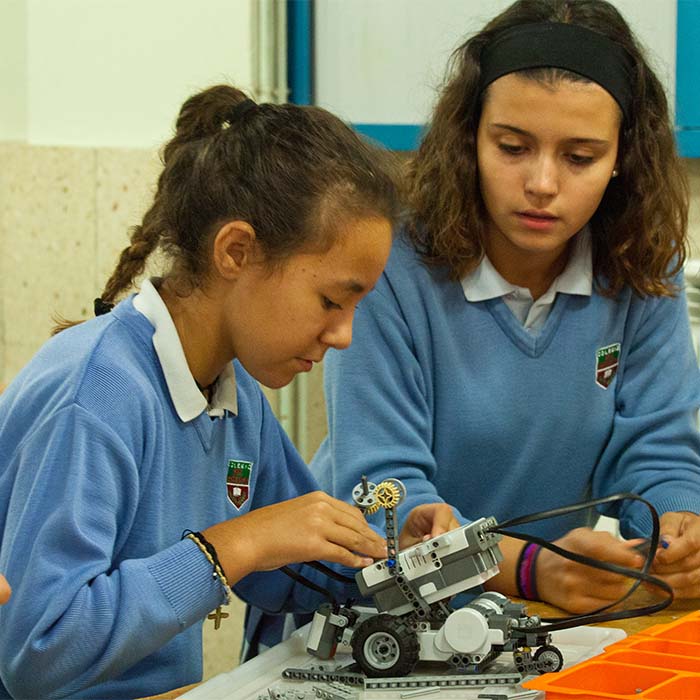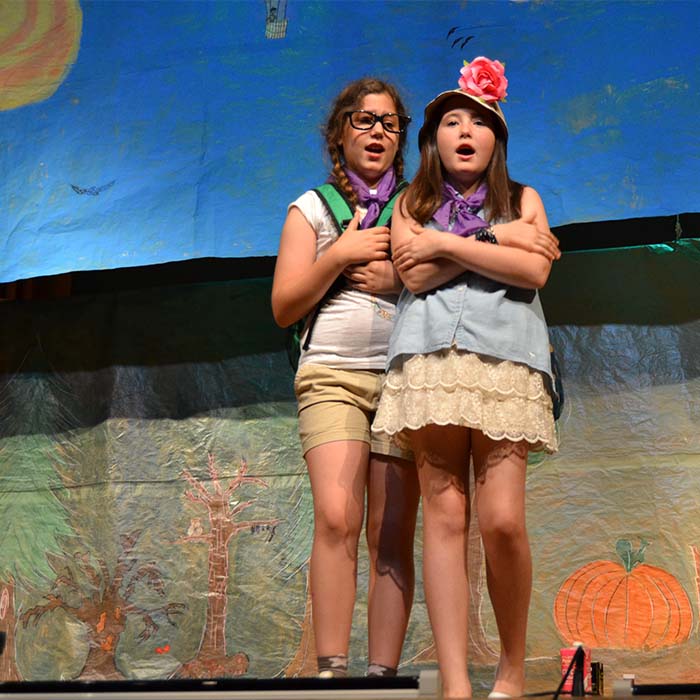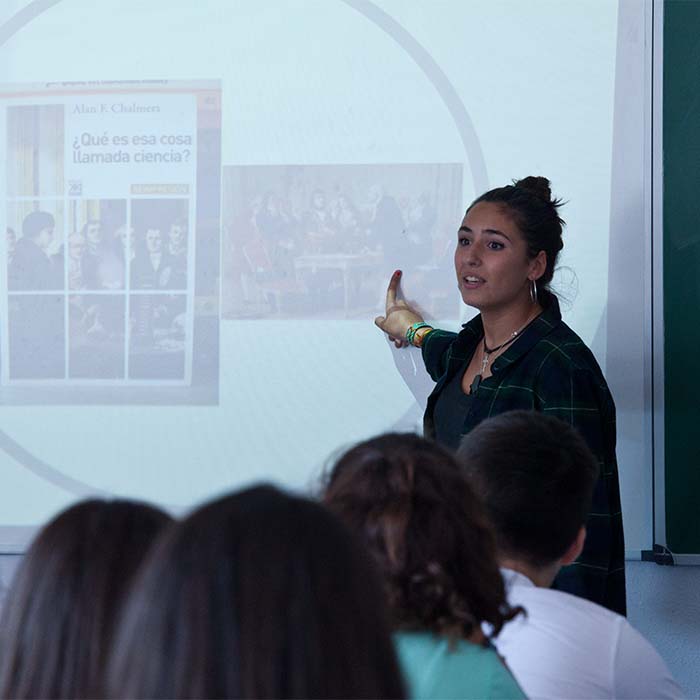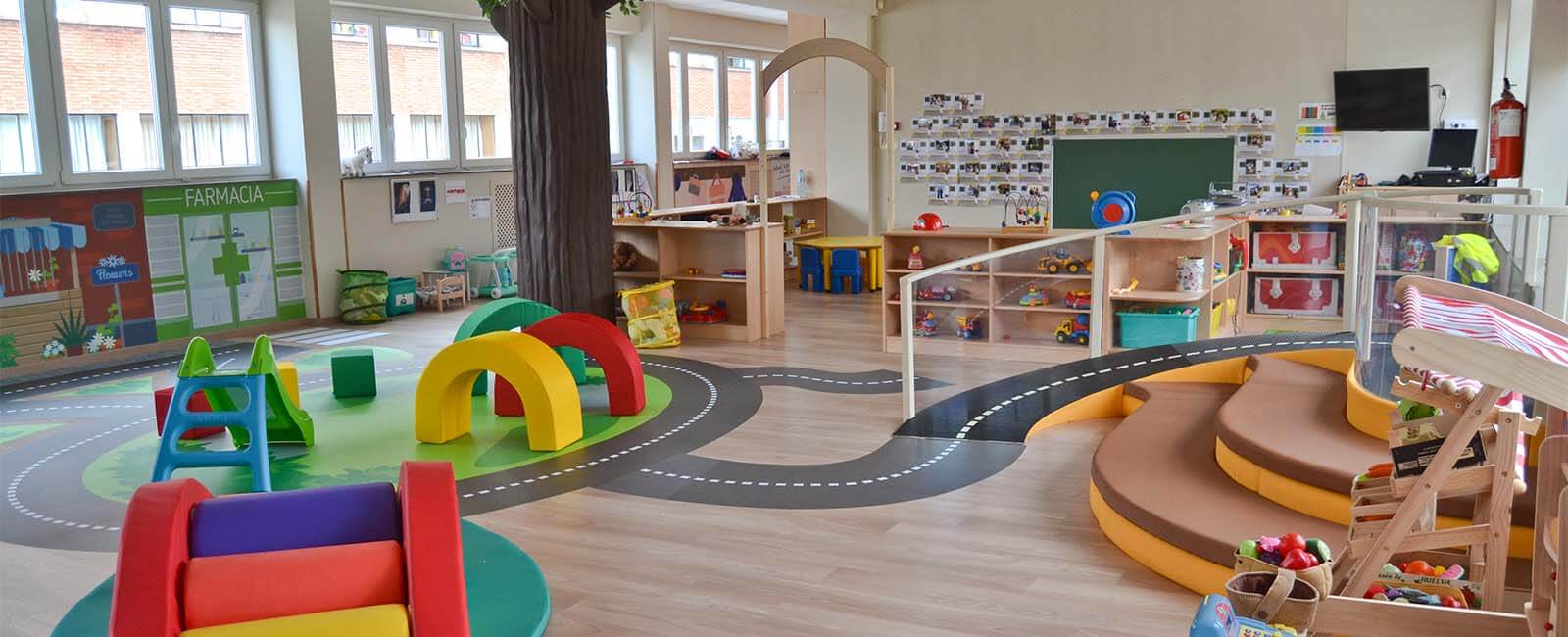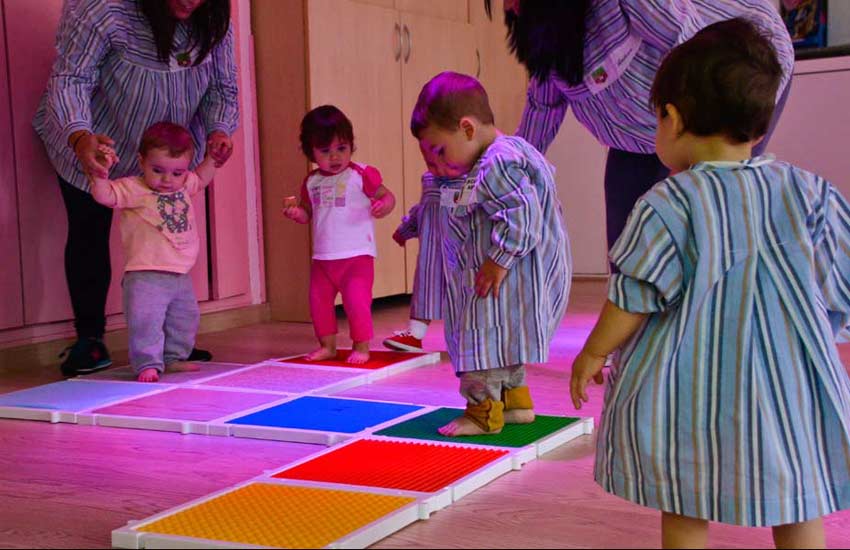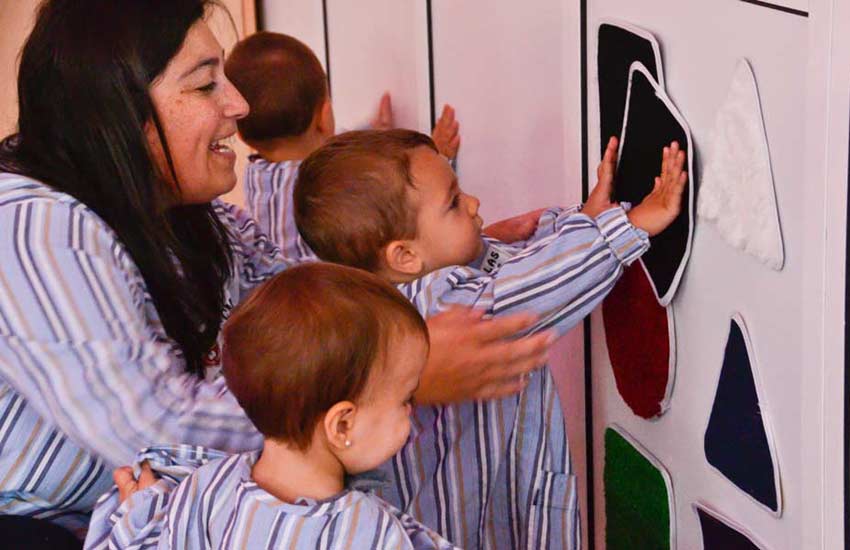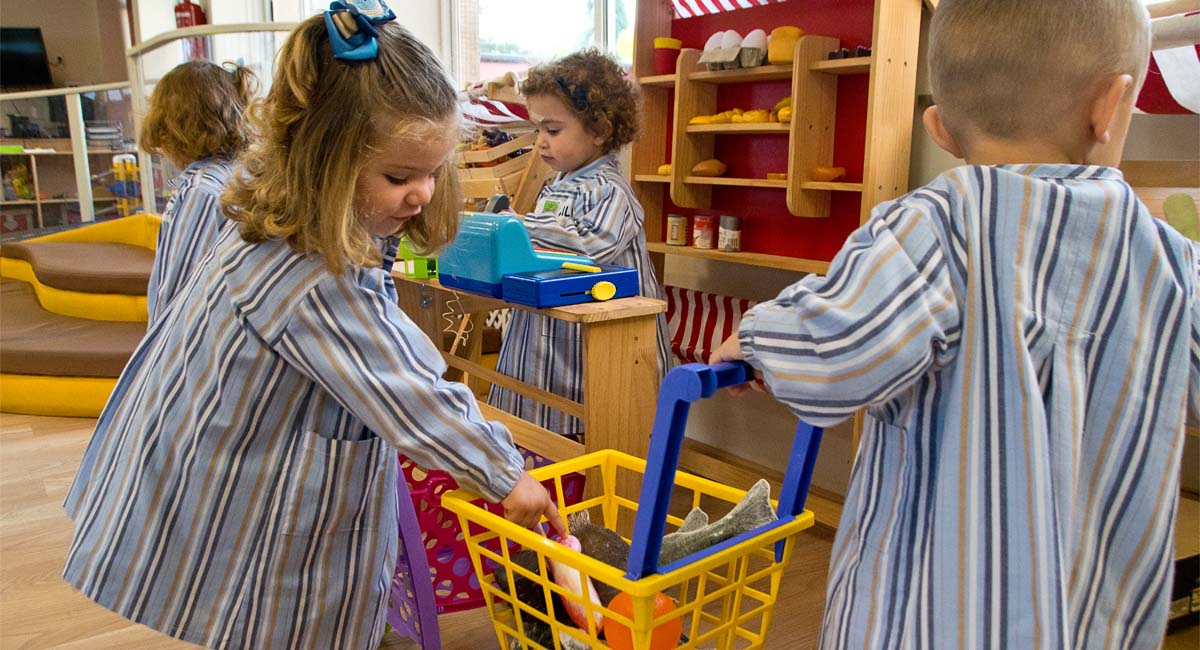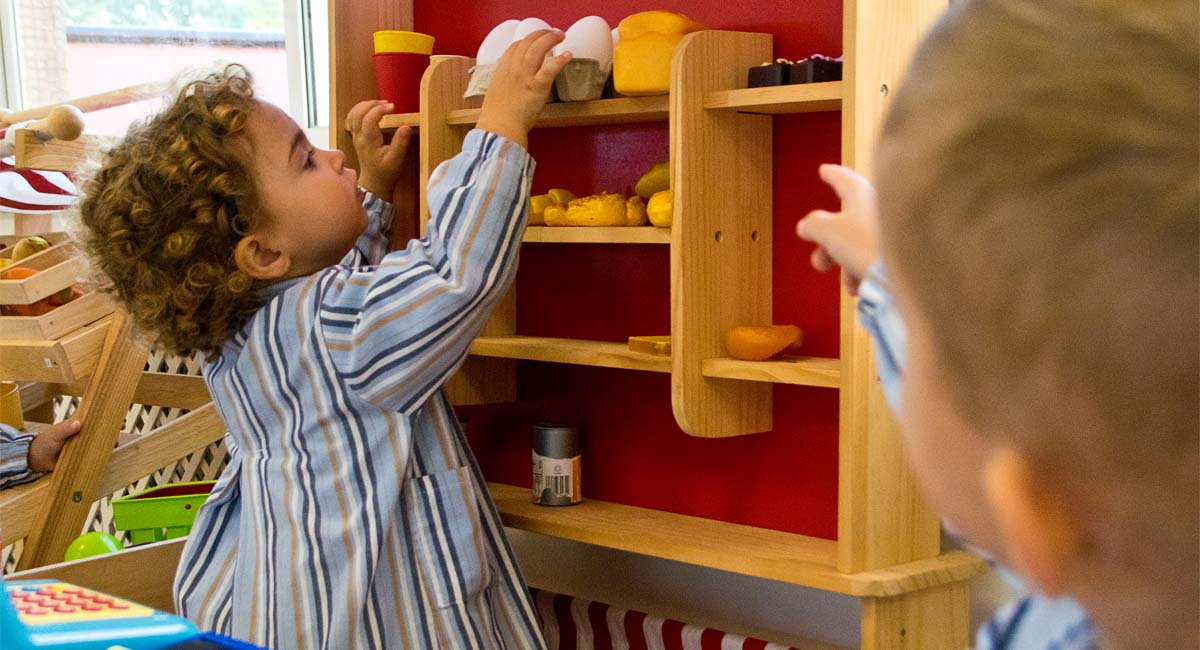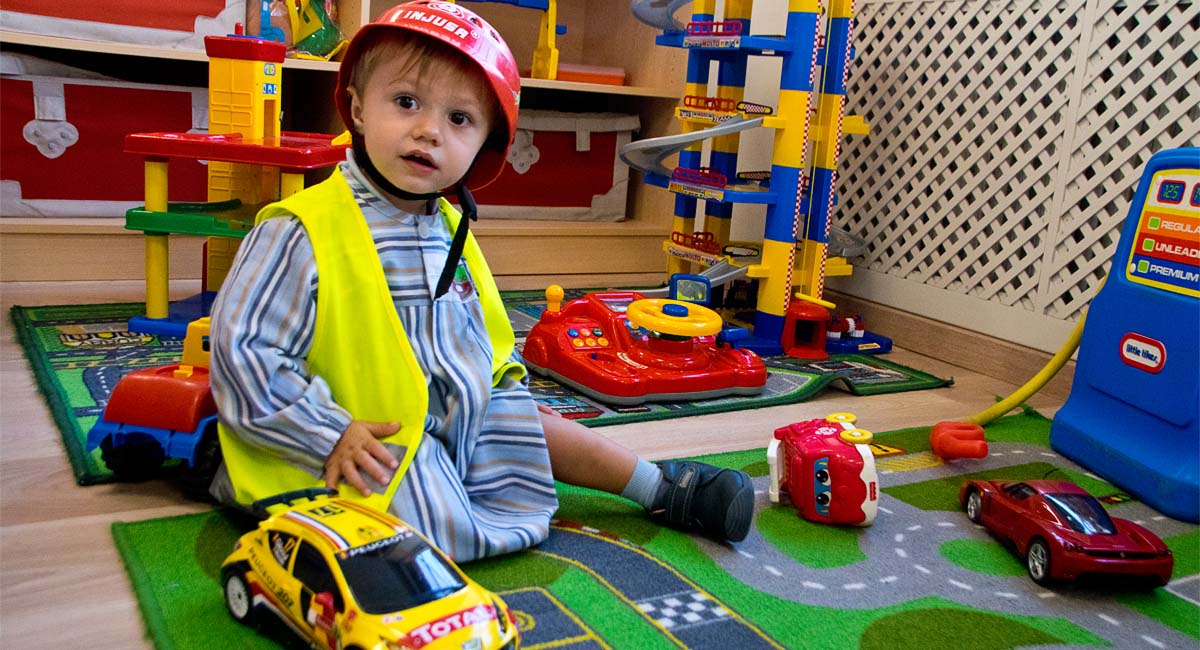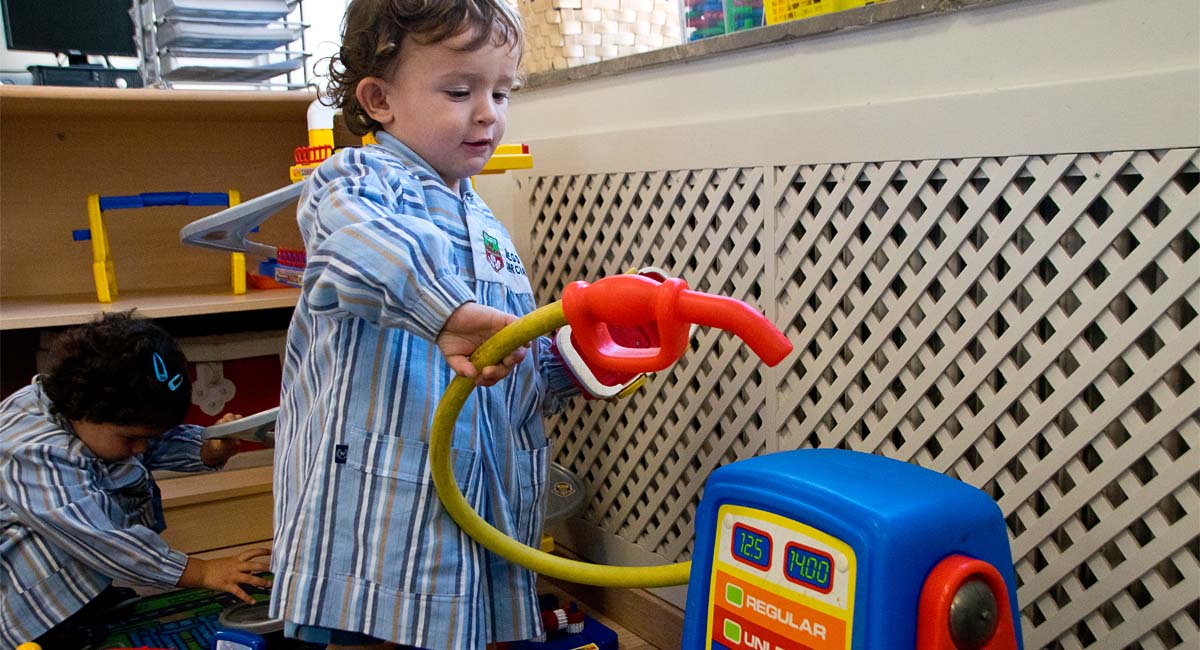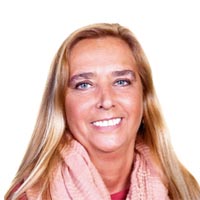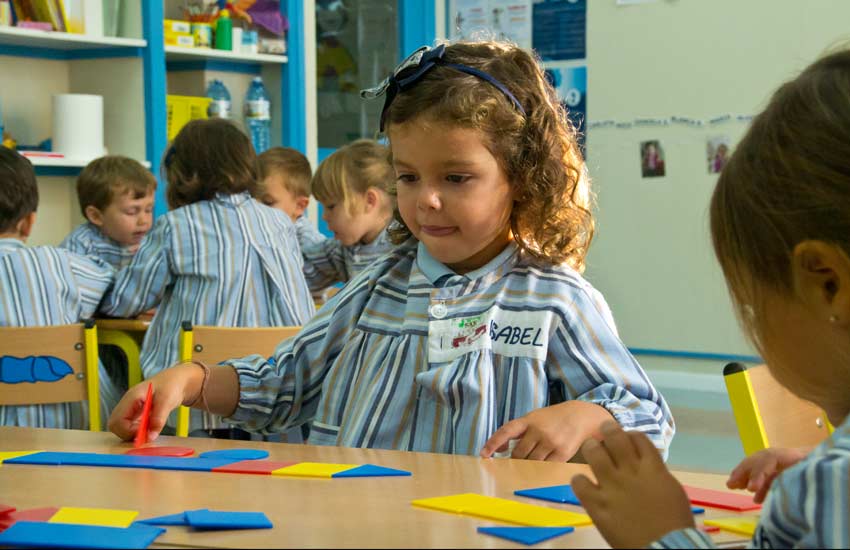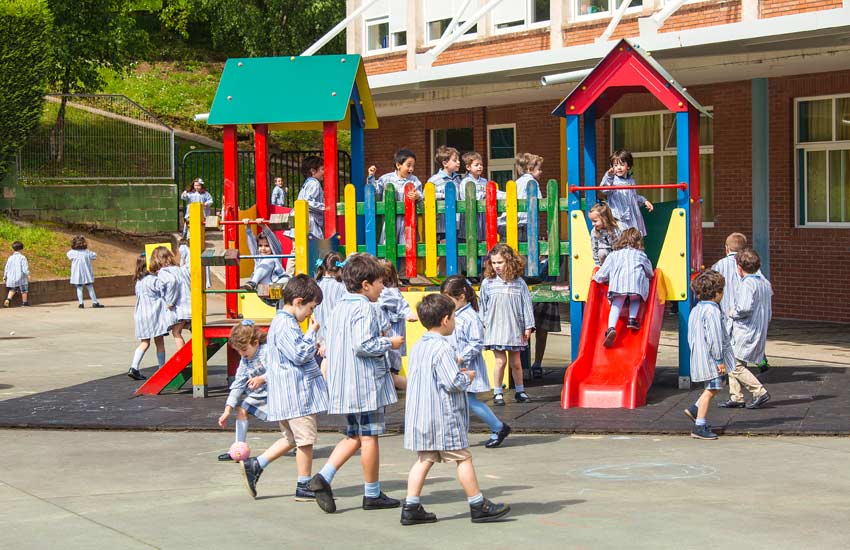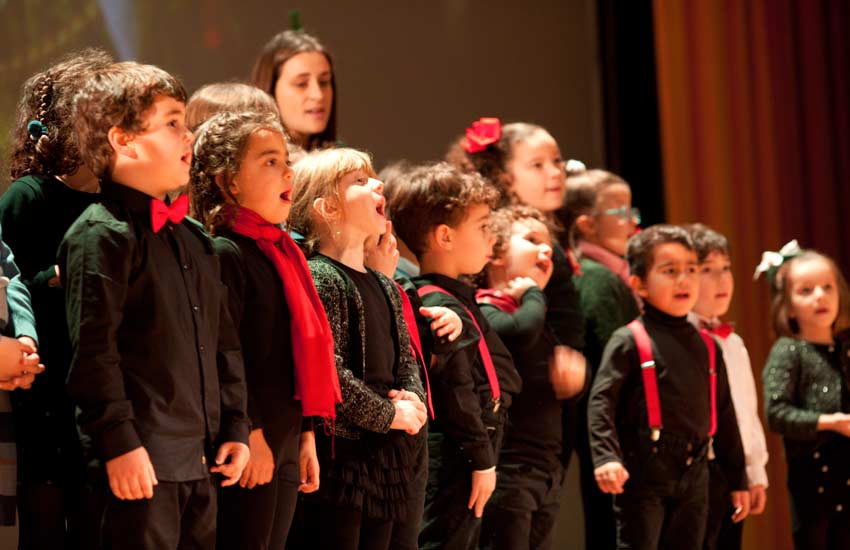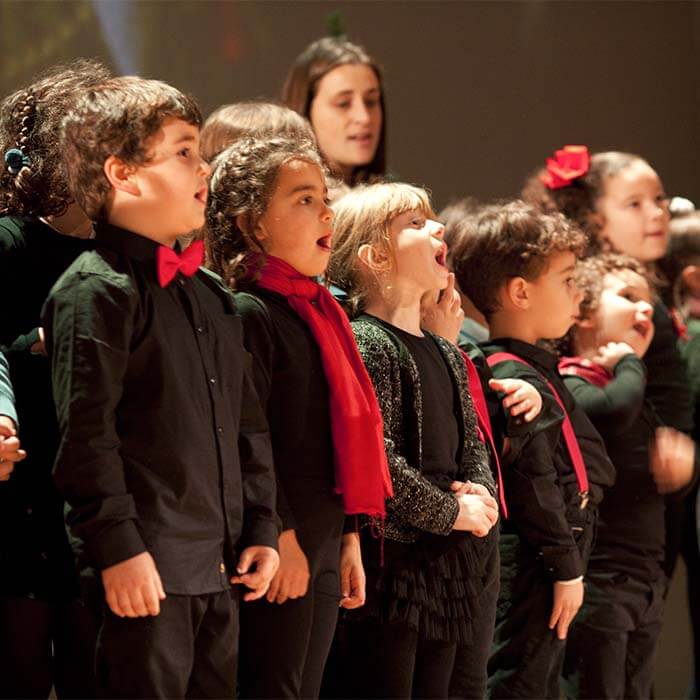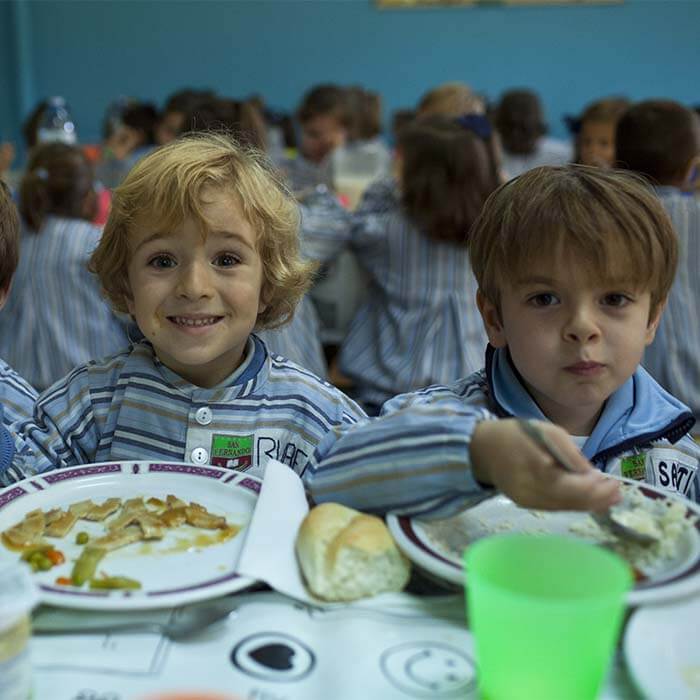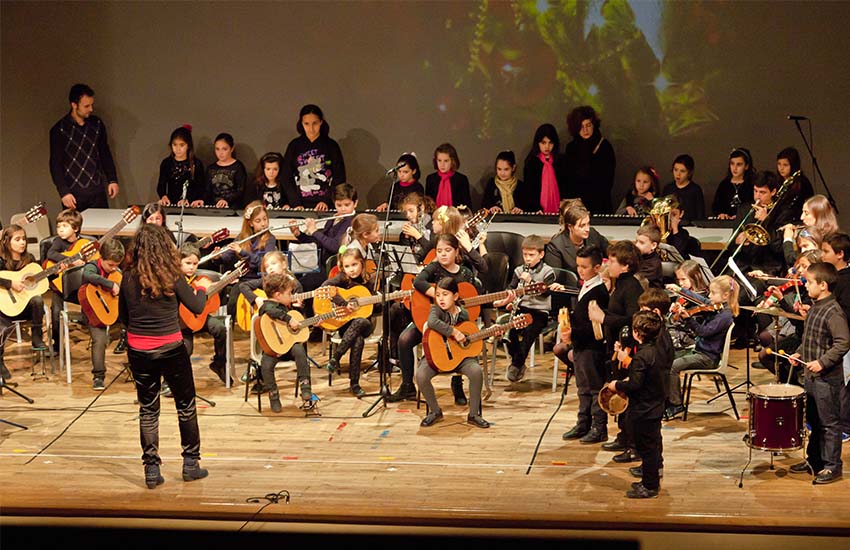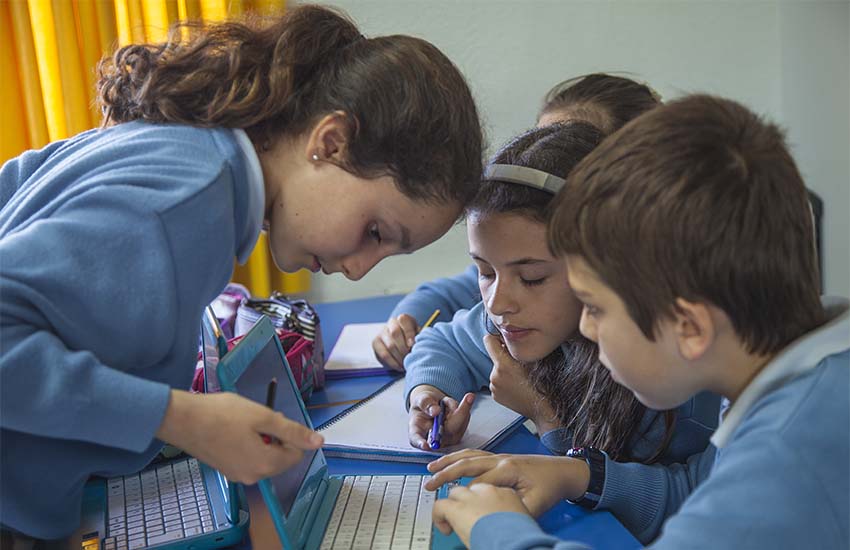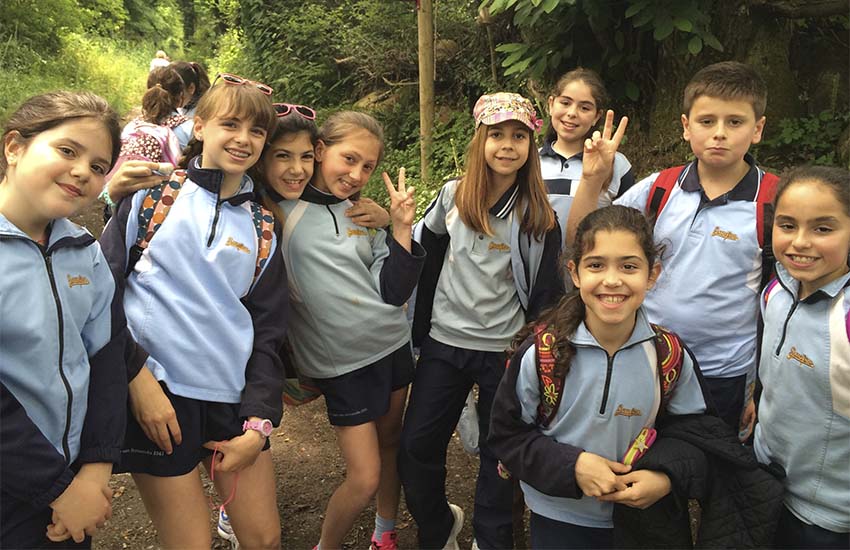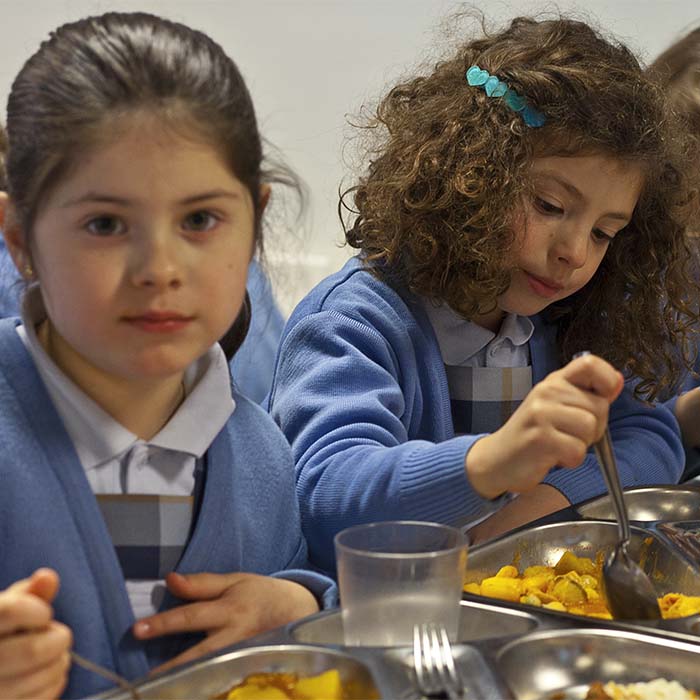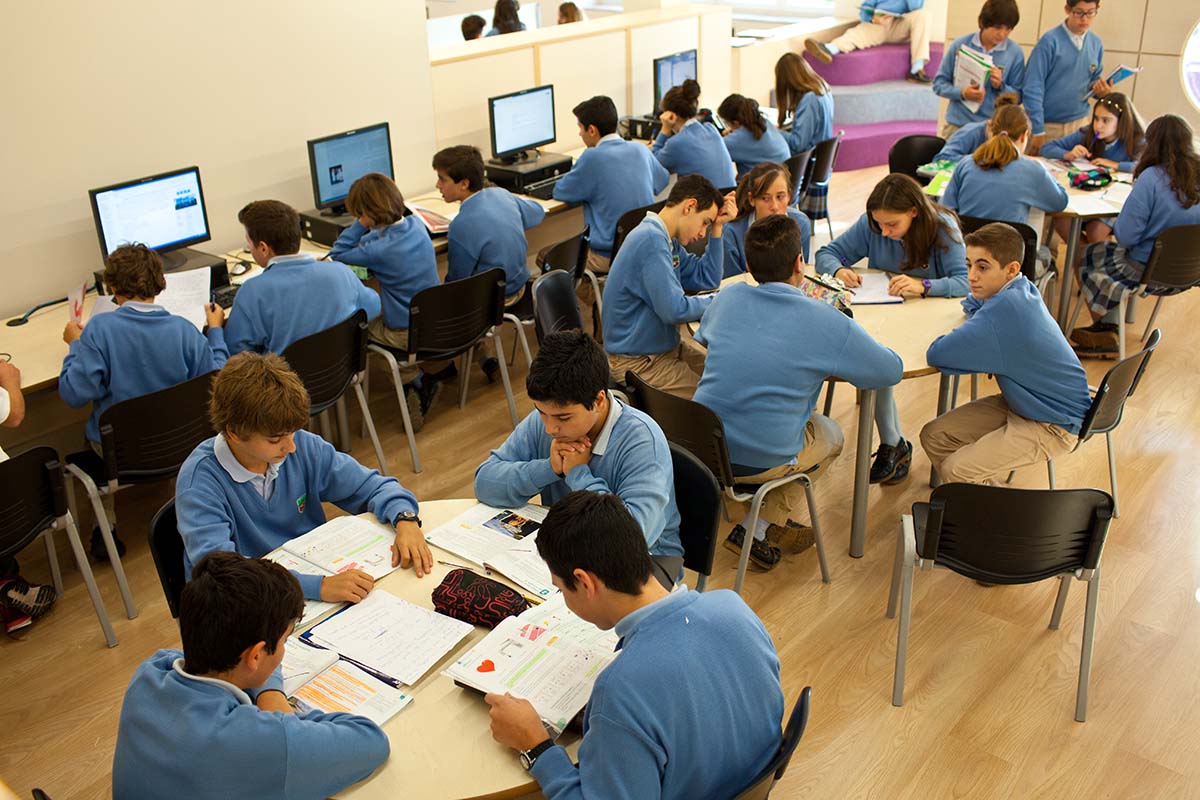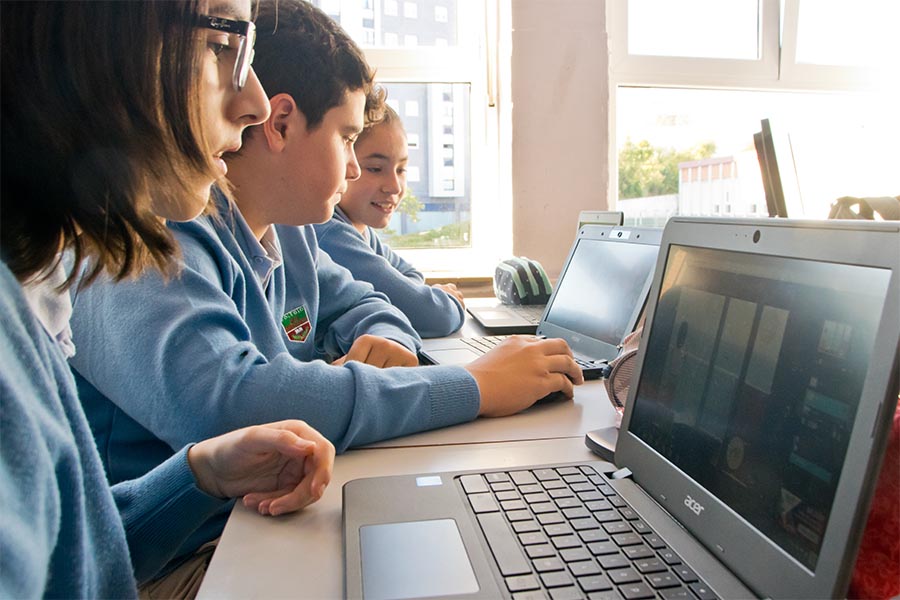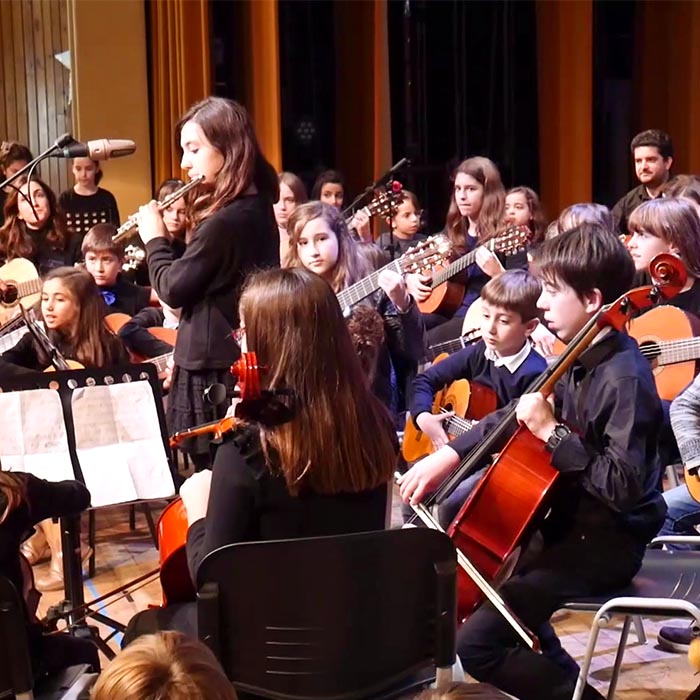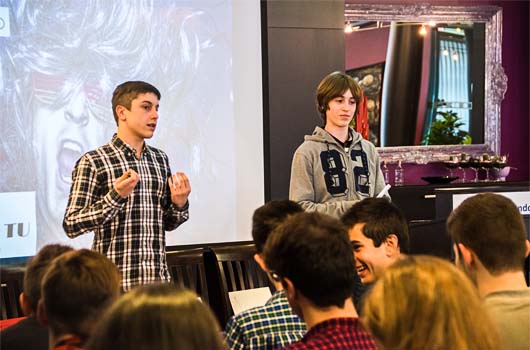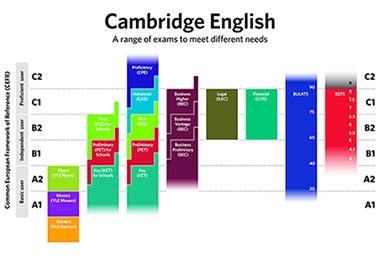
Steam
Science, Technology, Engineering, Art and Mathematics
Scientific and technological disciplines offer broad academic and professional perspectives for our students. That is why in the College San Fernando We work on them from an early age, under an applied and interdisciplinary approach that is enhanced by the methodology of the International Baccalaureate throughout its different programs.
STEAM is the English acronym for the terms Science, Technology, Engineering, Art and Mathematics, which encompasses the teaching of this type of knowledge in an eminently practical way. The students bring out all their creativity and imagination to solve the problems posed, resorting to everything learned in the different subjects, integrating their knowledge and generating all kinds of designs, prototypes and solutions.
At ESO we participate in the project MASSSTEAM (Asturian Women STEAM), an initiative of the CTIC Technology Center in collaboration with the Ministry of Science, Innovation and University, through the General Directorate of Innovation, Research and Digital Transformation, the promotion of FADE and public-private sponsorship, to promote female talent towards scientific and technological studies. A group of secondary school students from the center has actively participated in this project. Go to video.
Laboratories
Secondary students are familiar with the analytical materials and techniques that they put into practice each week in laboratory sessions. Knowing the safety standards, labeling of reagents and different methodologies allows them to apply the scientific method by proposing hypotheses, processing data and drawing their own conclusions.
Experiences in the different Biology, Physics and Chemistry laboratories bring them closer and allow them to explain the phenomena of their daily lives. At the highest levels, the students of the Diploma Program carry out their own research working with materials as novel and with a wide projection for the future as graphene.
Olympics
The Olympics are one of the most important events that serve to detect, attract and arouse the curiosity and talent of the youngest in the world of science and technology. The school promotes the participation of our students in the Mathematics, Physics and Chemistry, Junior Scientist, Biology, Chemistry, Physics and Computer Science Olympiads, obtaining excellent results every year and, above all, those that have unforgettable experiences.
Greenhouse
The students have this space in a very accessible area where, from an early age, they become familiar with the sowing and cultivation of plants to which they give different uses: as a gift for Mother's Day, obtaining fruits and vegetables that They will serve as products and ingredients of the school menu (Restaurant, own kitchen) or to facilitate understanding and acquire skills within the units of inquiry in the subjects of knowledge of the environment and Biology and Geology. International Baccalaureate students, with the greenhouse, have the most suitable space in which to develop their research work.
Nature classroom
The breadth of outdoor spaces allows for an area as special as the Nature Classroom; a true forest within our school with a path that runs through its interior where students, surrounded by native trees, come into contact with nature.
start for the weather
The 3 ESO students participate in this Program in which they develop an Entrepreneurship Project that allows them to become aware of the importance of caring for the environment through the generation of entrepreneurial ideas. Its objective is to seek creativity based on the observation of their environment, detect an environmental problem or need, seek a viable and tangible solution and design the way to carry it out in their environment. go to video

We are a "Google Reference School" center
In the 2018-2019 academic year, we became the first Google Reference School in Asturias. Google is a strategic ally of the center through its educational branch, Google for Education. Its open and collaborative culture is optimal for our work philosophy in the classrooms, facilitating the consultation, obtaining and exchange of resources among students.
The teaching staff had to be accredited by taking several level 1 and 2 courses, which facilitated the implementation of digital tools (G-Suite): Drive, Google Sites, Classroom, etc. In short, a package of productivity tools that help students and teachers to interact easily and safely from different devices.
In Compulsory Secondary Education and Baccalaureate courses, teaching departments have created blogs and Google Sites (web pages) to develop their own teaching units, thus largely replacing paper textbooks. Books have been replaced by electronic devices (Chromebook), seeking a more participatory system in which students can solve complex questions in a collaborative environment, where the sources of knowledge are no longer exclusively the teacher and the textbook.
Technological tools – Tablets, computers and Chromebooks
For years our center has been working with tablets from the first years of Primary Education, so that students can carry out their learning and inquiry process from different sources and learn to compare the ones they use.
From the 4th year of Primary Education, the tablets are replaced by computers that complement the resources and libraries of each classroom for their research work.
From the 6th grade of Primary Education, we work with Chromebook devices that, under a Google license, are designed for use in the educational field. Students work in the Google Academics environment, limited to the College's internal network, which guarantees its responsible use during the time the student is at the Center. The Chromebook has also led to the transition from the textbook to the digital book, promoting collaborative learning environments.
In order to achieve greater connectivity and to ensure that the teaching-learning process is not affected by 'technical issues', the center has been equipped with a powerful wireless network that allows all students to be working simultaneously without connection difficulties.
Participation in "The Hour of Code"
In Primary Education we participate in experiences such as The Hour of Code, a global initiative that celebrates computer science. It is an introductory computer science activity, and is designed to demystify "code," demonstrate that everyone can learn the basics, and broaden participation in the field of computer science. It also helps foster problem-solving skills, logic, and creativity.

OBY, the College's educational platform
The School has launched its own digital platform, OBY, which represents a comprehensive improvement in all areas of the educational process, especially in communication between the different levels of our educational community: students, families and teachers.
Parents and students can consult the academic record, calendars and schedules, grades, incidents that occur in real time, tasks to be done, Center documentation, information about schedules, messages from tutors, access to digital books (with the consequent savings) , etc. All these options are accessible through any device with internet access, directly on the web.
Sanfer Makers' Lab
In order to achieve greater application of the technological content given in the classrooms, a space of 225 m2 divided into two parts has been set up. The first one destined for a technology workshop with all the tools and technical advances on the market (3d printer, laser cutter, robotics and electronics equipment, Arduino boards, 3D vision glasses, Microbits, Flora kits for wearables, makerbots, etc) along with with more traditional tools.
A second section is used to carry out graphic design, as well as what is necessary to carry out projection mapping.
The use of the Sanfer Makers' Lab is integrated into the educational curriculum from ESO in subjects related to Design, Technology, Science, etc.
Maker's Club
The Makers' club is an extracurricular activity that takes place within the Sanfer Makers' lab. The purpose of the workshop is to unleash the creativity of our students so that through the challenges that are proposed to them, they develop projects that combine digital manufacturing and programming and that can be enjoyed by the entire educational community. It is conceived as a vertical workshop in which students of all levels of Secondary Education participate, so that some can draw on the skills of others as a Maker community.

















%20copia%20(1)%20como%20objeto%20inteligente-1%20copia.jpg)















